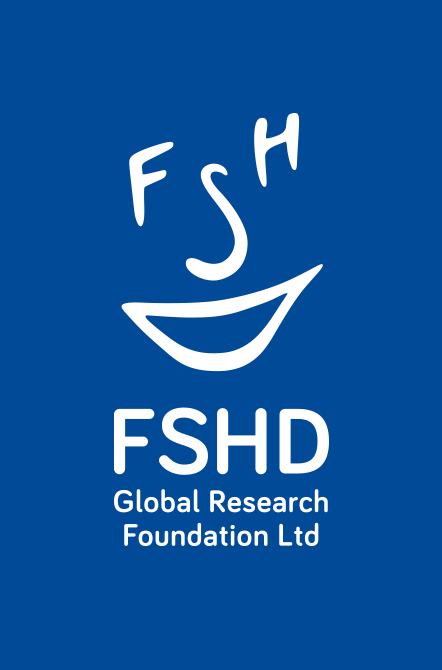GRANT 1
Research Institution: Monash University, Australia
Principle Investigator: Prof Christina Mitchell
Type: Australian
Project title: “Investigation into the role of FHL1, Calcineurin and NFAT in reducing muscle wasting in FSHD”
Status: Completed
Summary
The Monash team wanted to find out whether stimulation of the calcineurin/NFAT pathway may reduce muscle wasting in FSHD sufferers. Calcineurin works with the protein NFAT to stimulate muscle growth and repair – which is essential for healthy bodies. Levels of NFAT are reduced in muscle from FSHD patients.
The team from Monash showed the protein FHL1 is an important activator of calcineurin/NFAT. Professor Mitchell and her team made mice with elevated levels of FHL1. Amazingly, these mice demonstrated increased muscle growth and strength, reduced muscle fatigue and were protected from age-related muscle weakness. Of course, what is possible in mice might also be possible in humans. FHL1 is therefore a potential therapeutic target to reduce muscle wasting and promote muscle repair in FSHD sufferers through its ability to stimulate calcineurin/NFAT.
To examine this hypothesis the Monash team will increase levels of FHL1, first in a muscle cell culture model of FSHD and secondly in a FRG1 mouse model of FSHD. Collectively, the results from these studies will give scientists an idea as to to whether FHL1 and the calcineurin/NFAT pathway can play key roles in the treatment of FSHD and other diseases.




